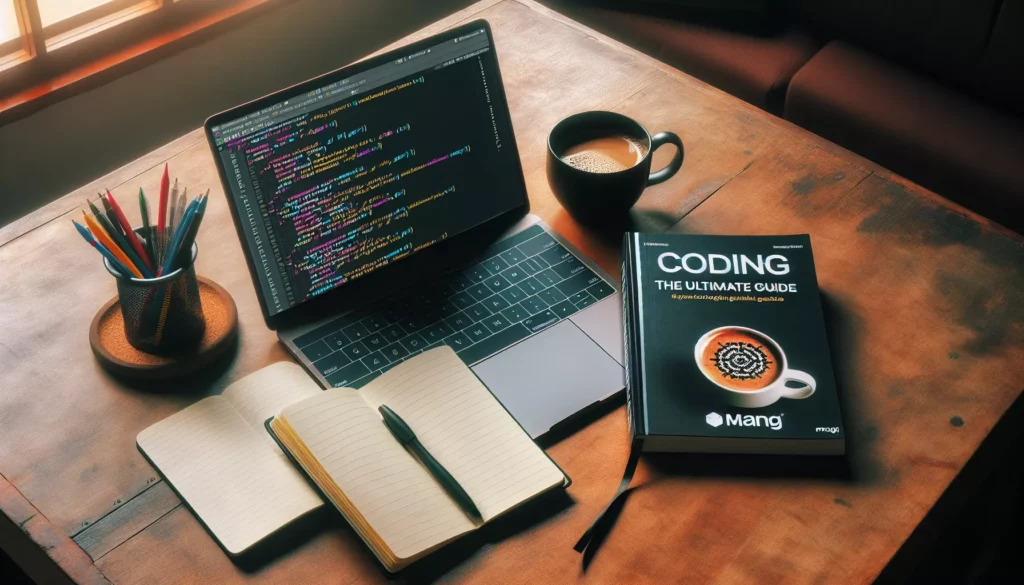Step-by-Step Guide to Crack Coding Interviews Easily
Cracking a coding interview is every aspiring software engineer’s dream.
Big tech companies, such as Google, Microsoft, and Amazon, as well as startups, test candidates on problem-solving, data structures, algorithms, and coding skills before offering job roles. If you feel nervous about technical interviews, don’t worry—you’re not alone. With the right preparation strategy and step-by-step approach, you can boost your confidence and increase your chances of success. know more

Table of Contents
Why Crack Coding Interviews Matter
Coding interviews are designed to evaluate how well you:
Solve problems logically
Write efficient code
Understand data structures and algorithms
Communicate your thought process
Debug and optimize solutions
Companies seek to hire candidates who can think critically under pressure and deliver effective solutions.
Step 1: Understand the Interview Process
Before preparation, know what to expect. A typical coding interview consists of:
Online Screening Test – Basic coding questions and aptitude.
Technical Rounds – Data structure and algorithm challenges, often on whiteboards or online compilers.
System Design Rounds – For mid-level or senior roles, involving large-scale system design.
HR Round – Communication skills, teamwork, and cultural fit.
Knowing the structure helps you prepare smartly.
Step 2: Master Core Data Structures and Algorithms
Strong fundamentals are key. Focus on:
Arrays and Strings – Searching, sorting, manipulation.
Linked Lists – Reversals, detection of cycles.
Stacks and Queues – Balanced parentheses, expression evaluation.
Hash Tables – Fast lookups, collision handling.
Trees and Graphs – Traversals (DFS, BFS), shortest paths, spanning trees.
Dynamic Programming – Classic problems like knapsack, longest subsequence.
Sorting and Searching – QuickSort, MergeSort, Binary Search.
Most coding interview questions revolve around these.
Step 3: Practice Problem-Solving Daily
Consistency matters. Use coding platforms like:
LeetCode
HackerRank
Codeforces
GeeksforGeeks
CodeChef
Set a goal to solve 2–3 problems daily, covering easy, medium, and hard levels. Track patterns—you’ll notice similar types of questions repeating in interviews.
Step 4: Work on Time and Space Complexity
Interviewers don’t just check if your solution works—they evaluate efficiency. Always analyze your solution’s Big-O complexity.
For example:
Brute Force → O(n²)
Optimized → O(n log n) or O(n)
Understanding complexity shows that you can scale solutions for real-world systems.
Step 5: Strengthen Your Coding Language
Pick one programming language (C++, Java, or Python are most popular for interviews) and master:
Syntax and built-in libraries
Handling edge cases
Debugging efficiently
Python is beginner-friendly, but C++ and Java give better control in competitive programming.
Step 6: Mock Interviews and Whiteboard Practice
Practicing in real interview settings helps reduce anxiety. Try:
Mock interviews with peers or mentors.
Whiteboard coding – explaining logic clearly without relying on compilers.
Online mock interview platforms like Pramp or Interviewing.io.
This builds confidence in problem explanation and communication skills.
Step 7: Learn System Design (For Advanced Roles)
If applying for mid-level or senior positions, expect system design interviews. Prepare concepts like:
Designing scalable systems (e.g., URL shortener, chat apps).
Load balancing, caching, databases.
Trade-offs between availability, scalability, and consistency.
Books like System Design Interview by Alex Xu are great resources.
Step 8: Build Real Projects
Interviewers often ask about your personal or academic projects. Having practical experience in:
Web applications
Mobile apps
Open-source contributions
AI/ML models
gives you an edge and shows applied knowledge beyond problem-solving.
Step 9: Revise Frequently Asked Questions
Some classic coding interview questions you should practice:
Reverse a linked list
Find the longest substring without repeating characters
Merge two sorted arrays
Detect a cycle in a graph
Implement LRU cache
Solve N-Queens problem
These appear repeatedly in interviews, so mastering them builds confidence.
Step 10: Stay Calm and Confident
During the interview:
Think aloud – Explain your logic clearly.
Clarify doubts – Ask questions if requirements are unclear.
Handle failure positively – If stuck, share your thought process.
Stay confident – Interviewers value a problem-solving approach as much as final answers.
FAQs on Cracking Coding Interviews
On average, 3–6 months of consistent practice is recommended.
Not mandatory, but it improves problem-solving speed and confidence.
Python, Java, and C++ are most widely used.
No. Some also test system design, databases, and behavioral skills.
Start with basic data structures, then gradually move to algorithms and problem-solving.
No. Focus on understanding patterns instead of memorizing answers.
Projects showcase your practical application skills and add value to your resume.
Yes. Many successful programmers are self-taught or from non-CS backgrounds.
Very important. Explaining your thought process clearly often matters more than the final code.
Yes, but they expect you to know the underlying logic.
Cracking coding interviews is not about luck—it’s about structured preparation, consistent practice, and confidence. By following this step-by-step guide, you can sharpen your skills, build confidence, and ace technical interviews at top companies.